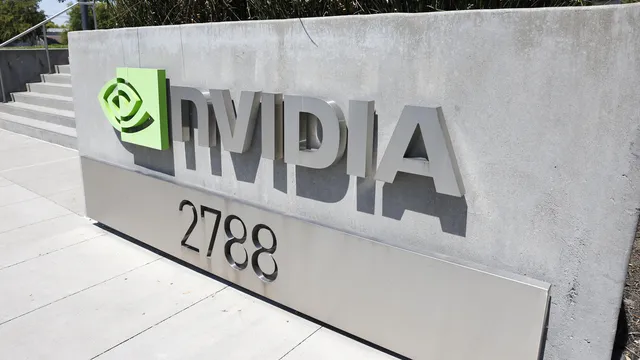Since today's leading AI models are trained primarily on English-language material, "the survival of these languages and the health of these cultures are literally at risk" if corrective measures are not taken, Smith told AFP.
AI models are "less effective when used in a language for which there is insufficient data," he added, which could cause more users to switch to English even when it is not their native language.
Starting in September, Microsoft will set up research teams in the eastern French city of Strasbourg to "help expand the availability of multilingual data for AI development" in at least 10 of the 24 languages of the European Union, including Estonian and Greek.
The work will include digitizing books and recording hundreds of hours of audio material.
"This is not about creating data that is owned by Microsoft. It's about creating data that can be used by society," Smith emphasized, adding that the information will be shared on an open-source basis.
In recent months, the US company has been seeking to position itself as particularly compatible with growing political pressure for technological sovereignty in Europe.
Leaders in the bloc are increasingly nervous about their dependence on US technology companies and infrastructure following Donald Trump's re-election as US president.
In June, Microsoft announced that it was strengthening its cooperation with European governments in the field of cybersecurity and announced new measures for "data sovereignty" for its data centers on the continent.
Smith said the news was further proof of the company's commitment to Europe.
Most of the leading companies in the field of artificial intelligence are American or Chinese, although Europe has some exceptions such as the French Mistral or the French-American platform Hugging Face.
In addition to Microsoft, some European initiatives such as TildeLM are seeking to develop artificial intelligence models in local languages.
The developer of Windows and Office also said it is working on a digital reconstruction of Notre Dame Cathedral in Paris, which it plans to donate to the French state, as well as digitizing items from the BNF national library and the country's Museum of Decorative Arts. | BGNES

 Breaking news
Breaking news
 Europe
Europe
 Bulgaria
Bulgaria







